Snow Mountain Artemisia is a widely used traditional Chinese medicine for treating injuries, especially for bruises and swelling. However, as the saying goes, "every medicine has its poison," Snow Mountain Artemisia is no exception. Its rhizome contains a toxic substance called aconitine, so we must be extra careful when taking it.
Snow Mountain Artemisia Image
【Symptoms of Snow Mountain Artemisia Poisoning】
Snow Mountain Artemisia belongs to the Aconitum genus and its rhizome contains a toxic substance called aconitine. Most species of Aconitum genus plants have highly toxic rhizomes due to the presence of aconitine and other alkaloids. Raw Aconitum products should not be taken internally. After professional processing, the toxicity is reduced, but it still needs to be taken under the guidance of a doctor.
Symptoms of aconitine poisoning include numbness of the lips, tongue, and limbs, excessive salivation, nausea, vomiting, dizziness, and difficulty breathing. It can progress to difficulty breathing, limb convulsions, loss of consciousness, decreased blood pressure, cardiac arrhythmias, and even sudden death.
Symptoms of Snow Mountain Artemisia poisoning include nausea, vomiting, burning sensation in the mouth, discomfort in the throat, drowsiness, gastrointestinal bleeding, abdominal distension, diarrhea, watery stools, urgency with difficulty, proteinuria, decreased urine output, weakness in the limbs, palpitations, chest tightness, pale complexion, cyanosis of the lips, decreased blood pressure, and weak pulse.
In severe cases, there may be blurred vision, pinpoint pupils, dizziness, confusion, irritability, slurred speech, convulsions, and coma, often resulting in respiratory and circulatory failure. Seek medical attention promptly if poisoning symptoms occur!
Snow Mountain Artemisia Image
【Applications of Snow Mountain Artemisia】
1. Treatment of various pain conditions
Snow Mountain Artemisia has the properties of dispersing wind and cold, promoting circulation, and relieving pain. It is a good medicine for treating various types of pain.
2. Treatment of insect and snake bites
Snow Mountain Artemisia is a traditional Chinese herb with the effects of dispelling wind and dampness, promoting blood circulation, and healing injuries. It is commonly used for joint and bone pain caused by wind-cold-dampness, as well as bruises and pain caused by injuries and insect or snake bites.
It can be used to counteract the toxins, promote blood circulation, and relieve pain. It can be applied externally by soaking it in alcohol to treat ulcers, infections, and bites from venomous insects and snakes, or bee stings.
Snow Mountain Artemisia Image
【Misconceptions about Homemade Medicinal Wines】
As the saying goes, "every medicine has its poison," there are certain risks in making homemade medicinal wines using Chinese herbs such as Aconitum kusnezoffii, Aconitum carmichaelii, and Realgar.
Poisoning from Aconitum kusnezoffii and Aconitum carmichaelii usually occurs about 30 minutes after ingestion. Mild symptoms include numbness of the lips, tongue, and body, dizziness, restlessness, nausea, and vomiting. Severe symptoms include cardiac arrhythmias, decreased blood pressure, and eventually ventricular fibrillation, leading to heart and respiratory arrest.
Poisoning from Realgar wine is also possible. Realgar contains arsenic sulfide, which primarily damages nerve cells, leading to central nervous system poisoning and a series of symptoms. It can cause paralysis of the central nervous system controlling blood vessel constriction, leading to dilation of capillaries. It can also cause fatty degeneration and necrosis of organs such as the liver, kidneys, spleen, and myocardium.
In addition, many people make wines using animals such as scorpions, centipedes, and snakes. These wines have a blood circulation promoting and pain-relieving effect when consumed in small amounts, but excessive consumption can cause bleeding and organ damage.
Therefore, it is necessary to clearly identify the ingredients before consuming medicinal wines. Even when taken internally, they should be taken with caution to avoid harm. In case of medicinal wine poisoning, seek medical attention at the nearest hospital, and identify the ingredients in the wine to take appropriate rescue measures.




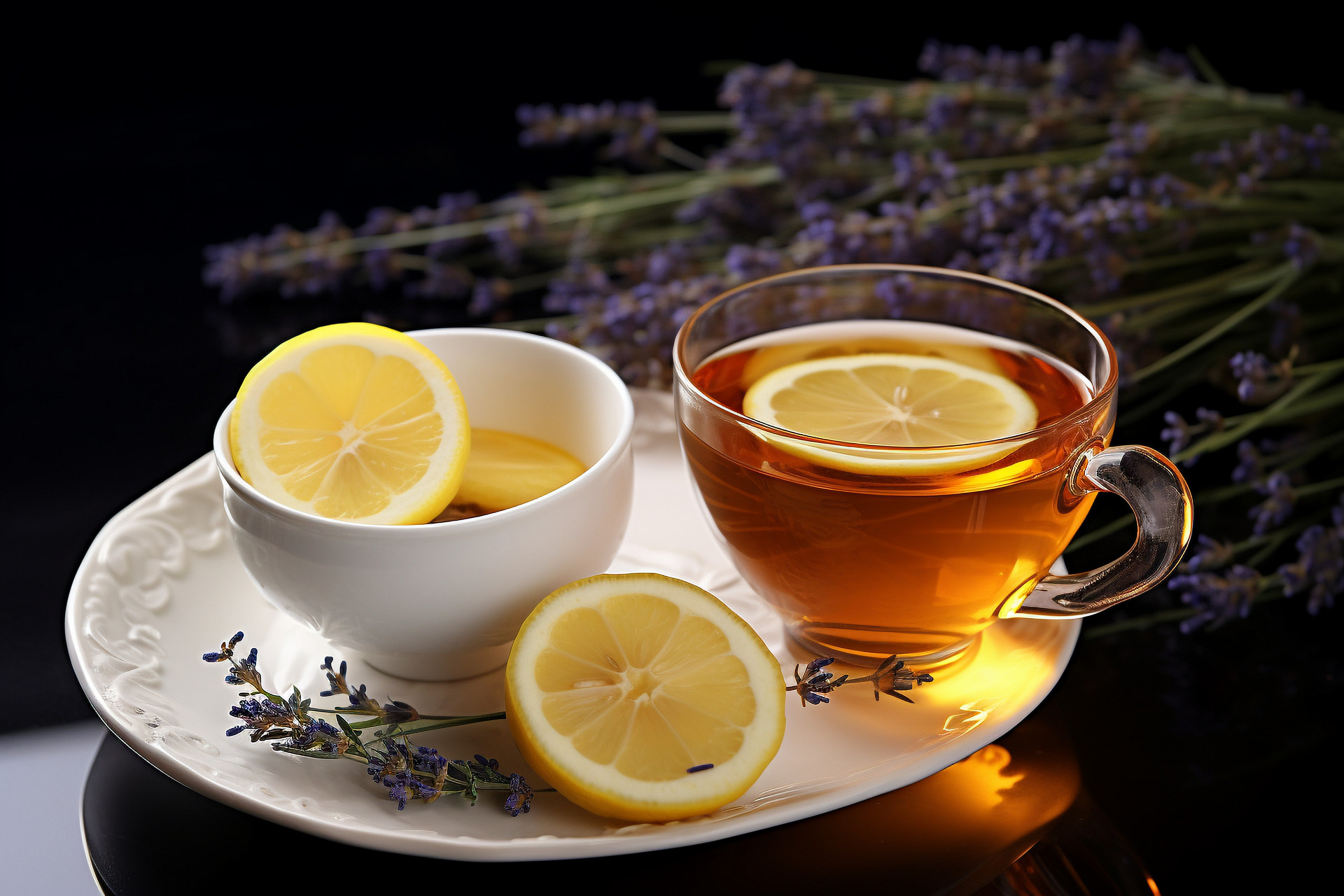
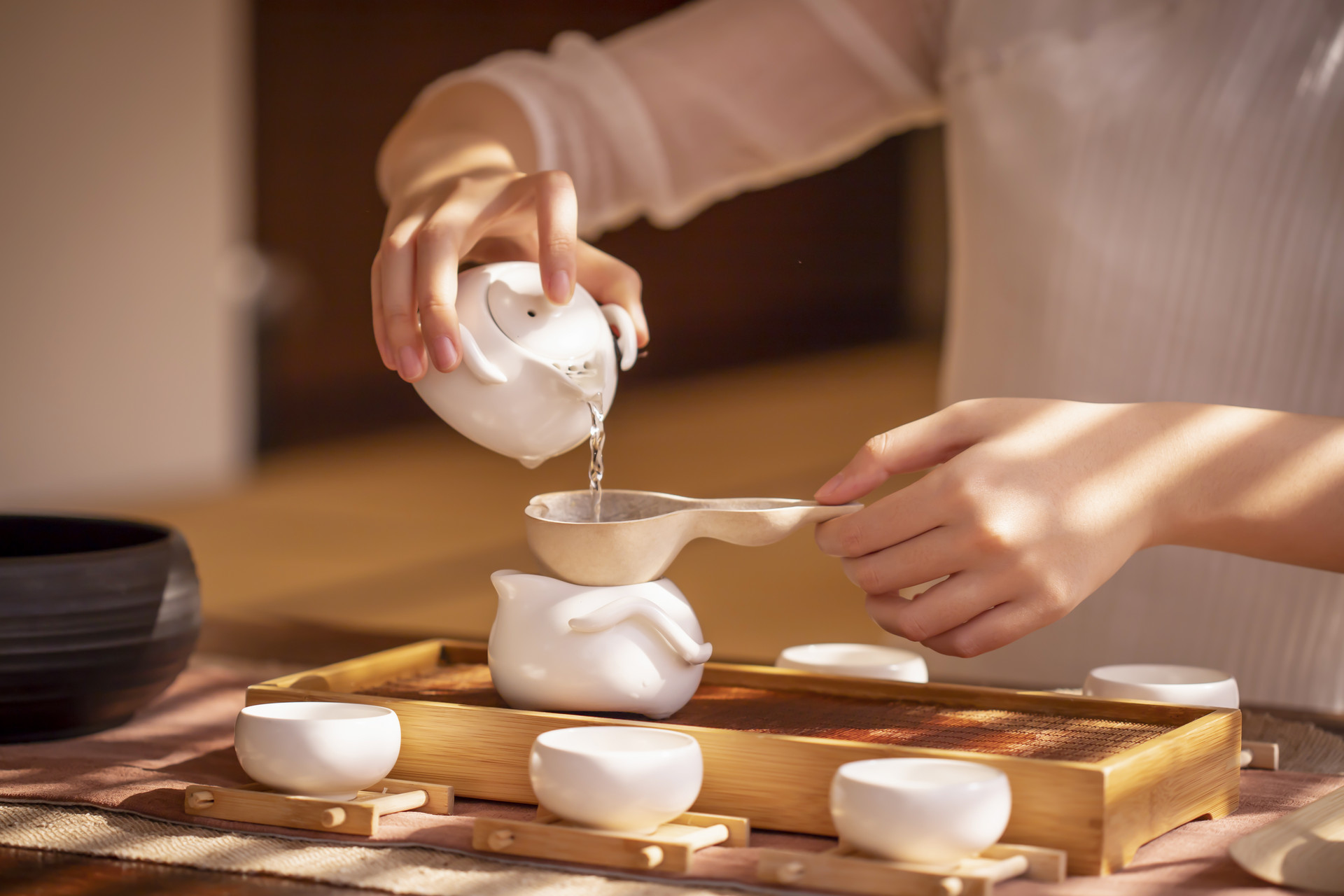
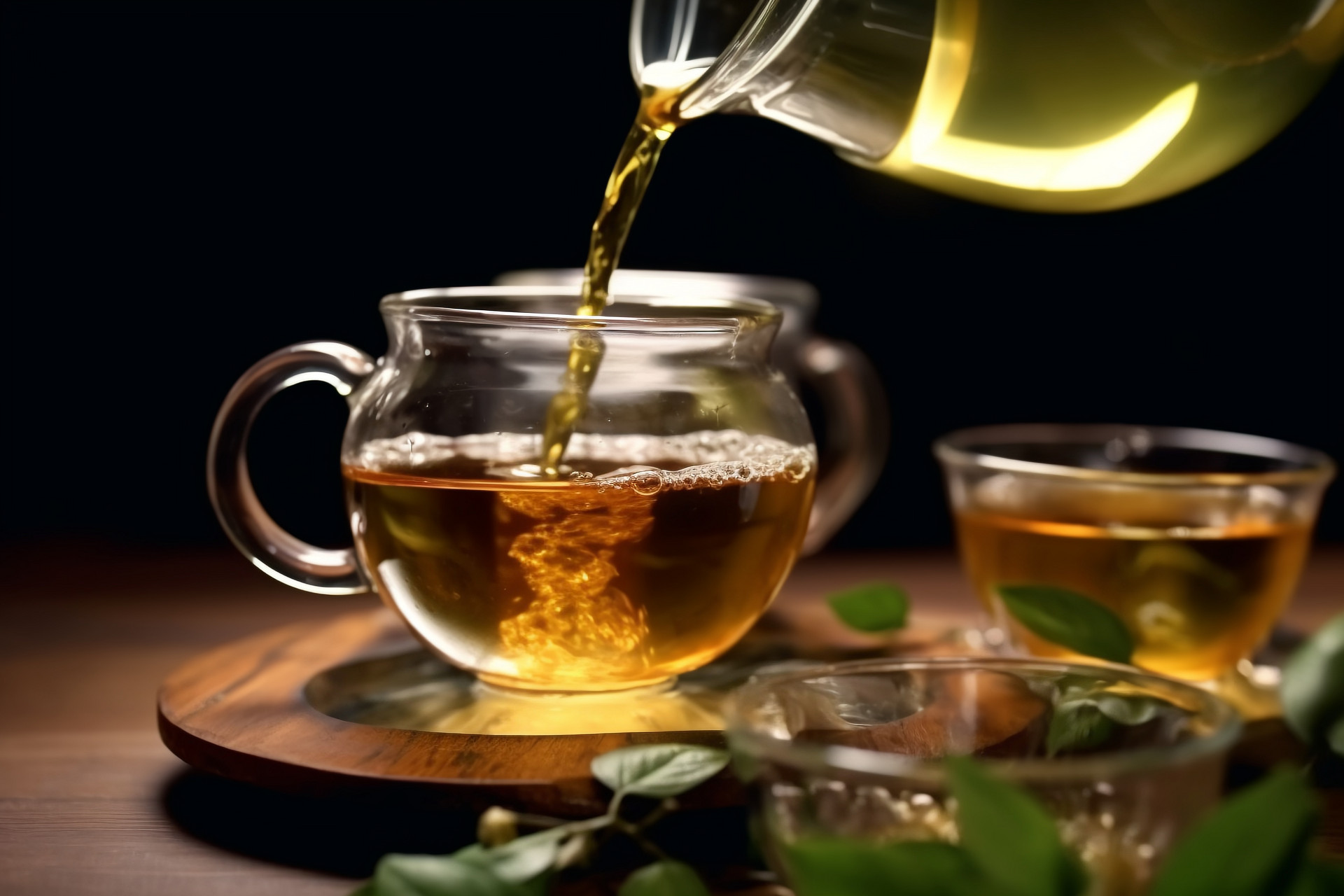

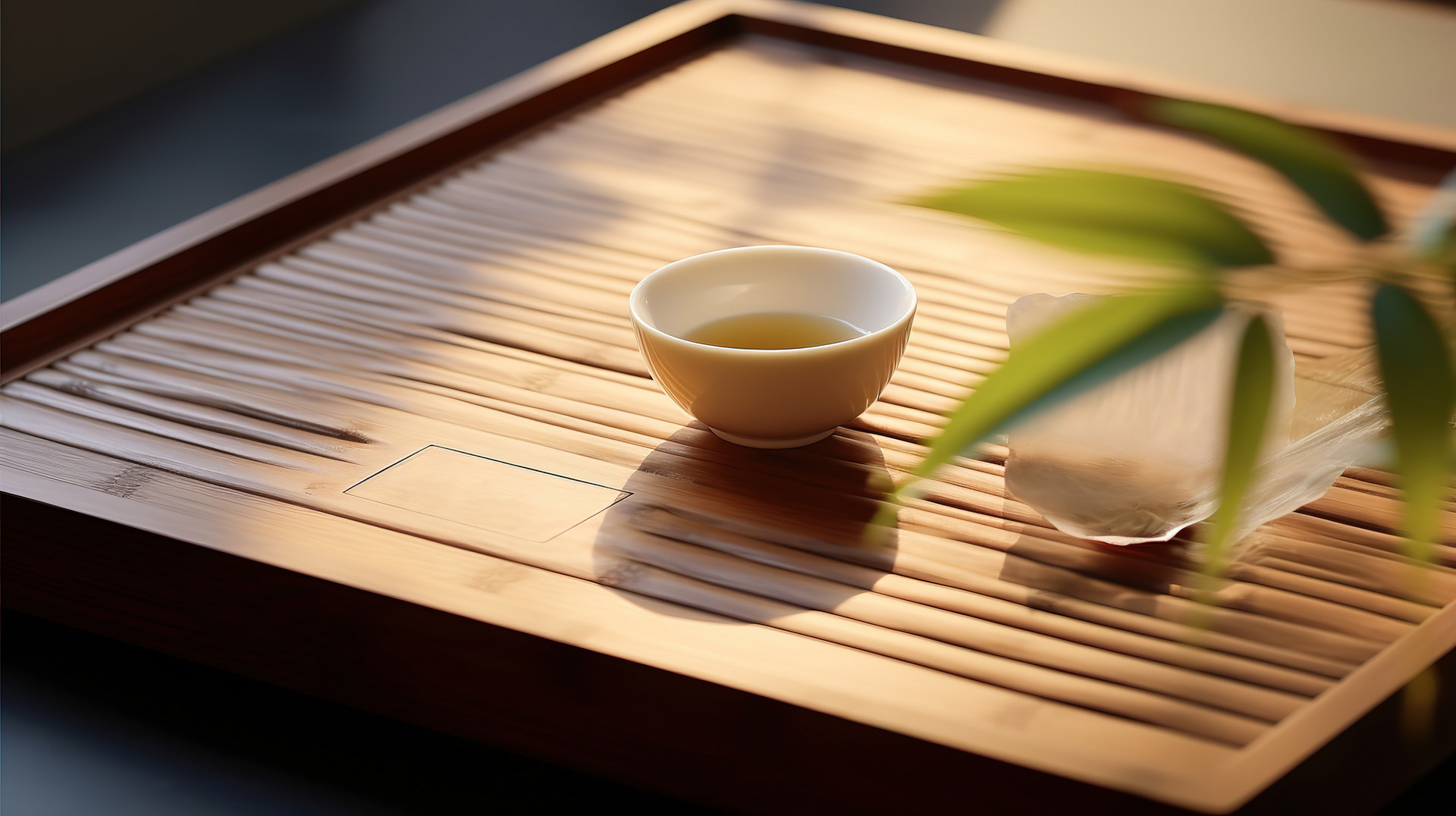
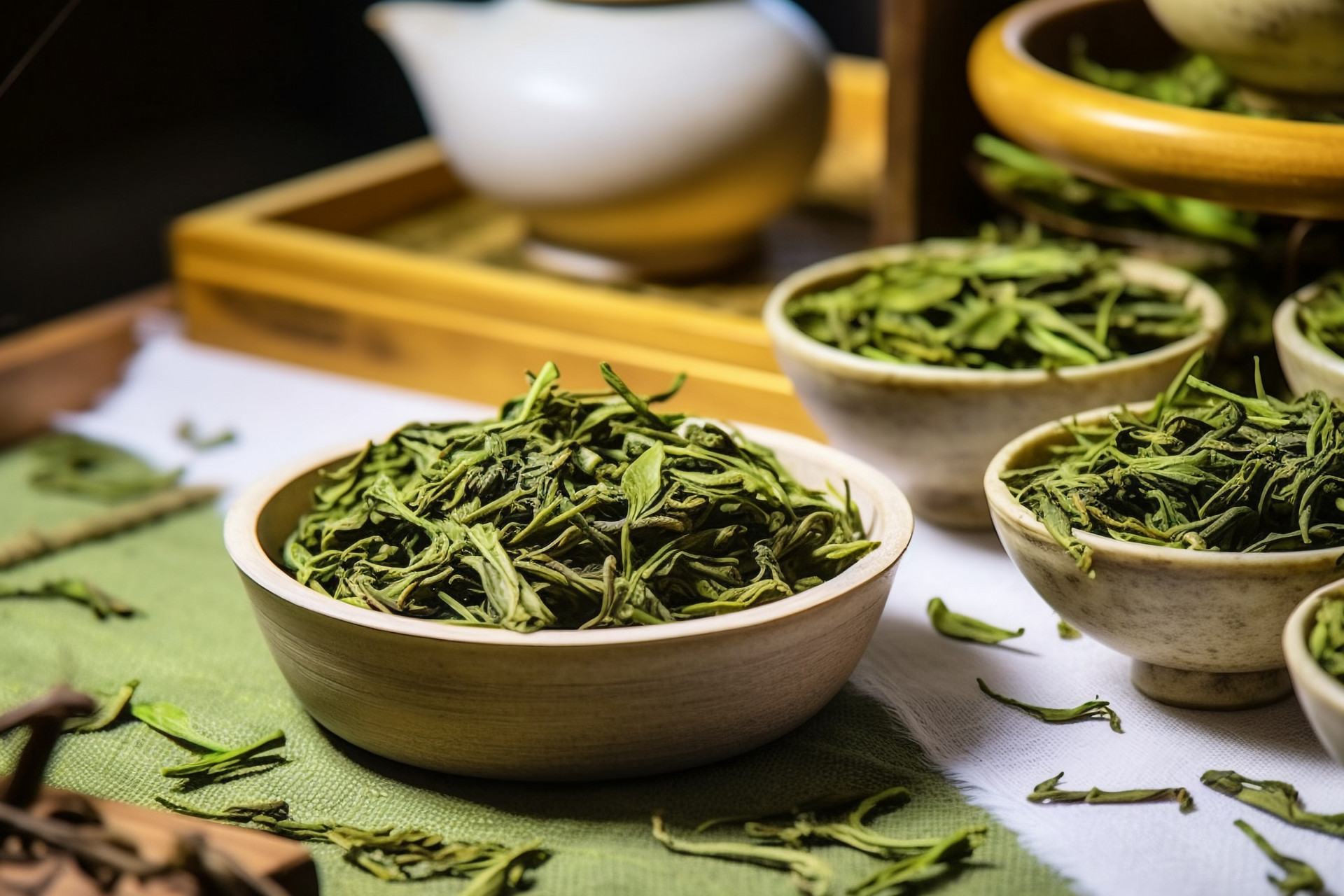
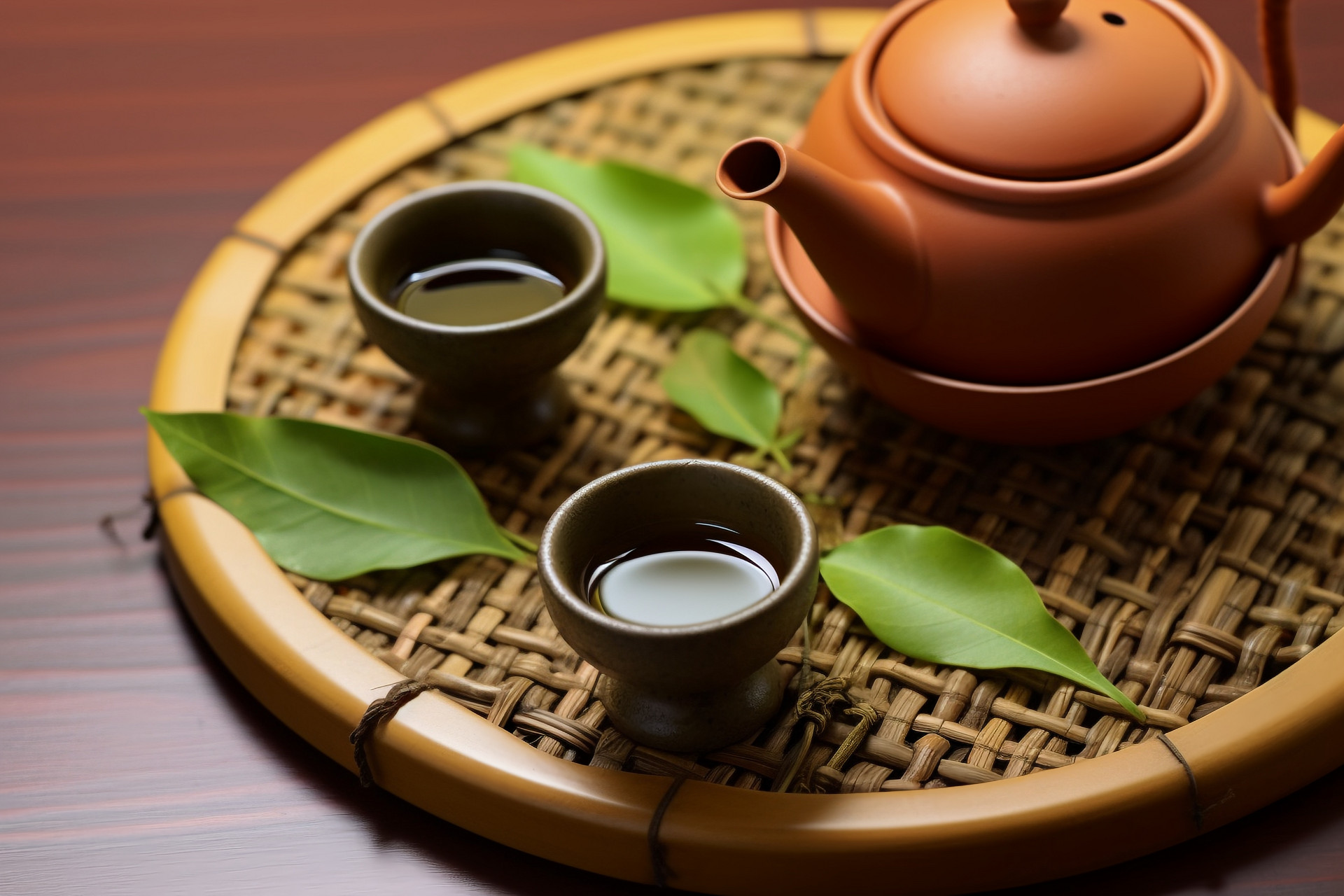
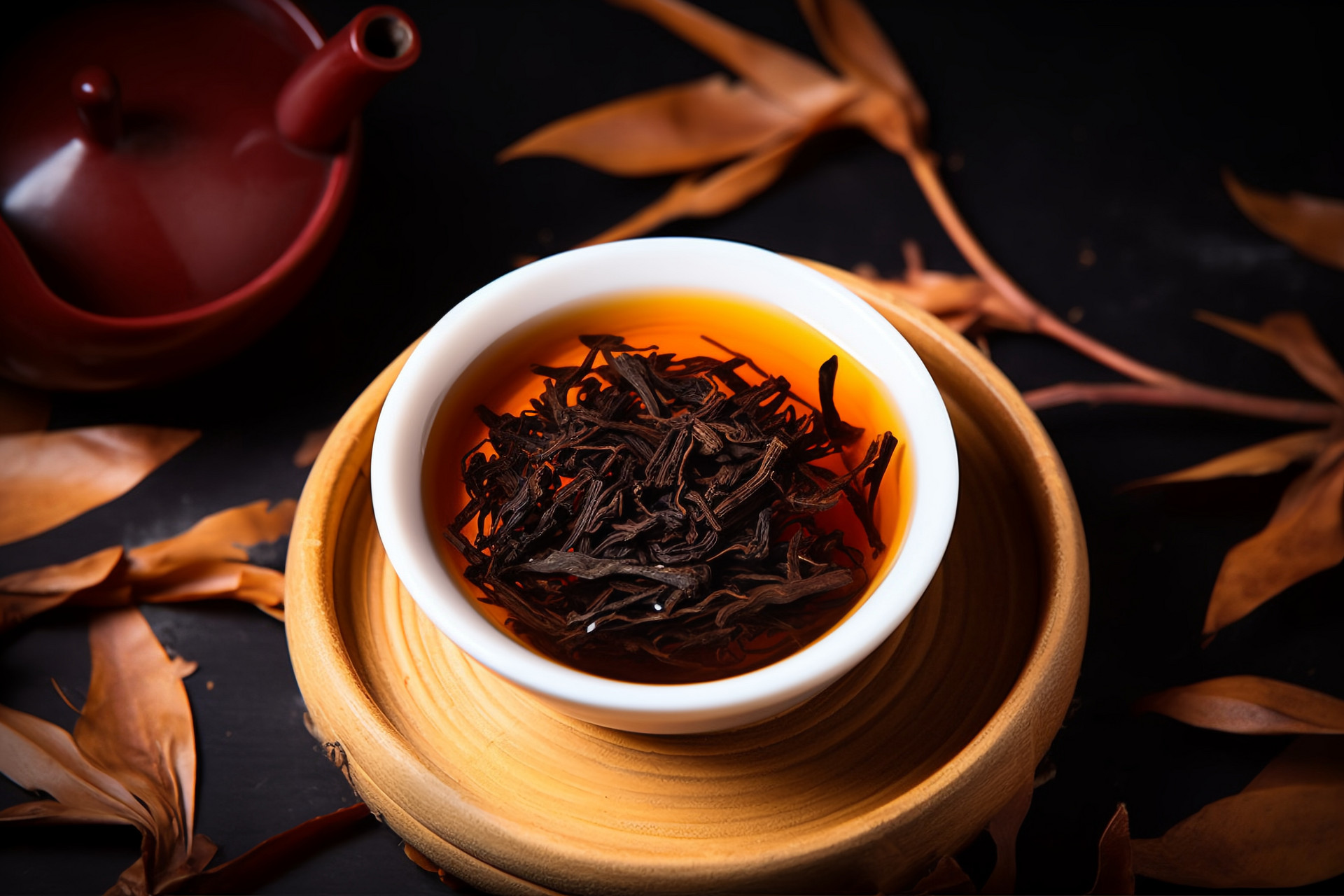
![[Herbal Wine Recipes for Health and Beauty]](https://tcmmaintenance.com/uploads/20240715/7241f6b6eafdaed88c28b26a37213964.jpg)